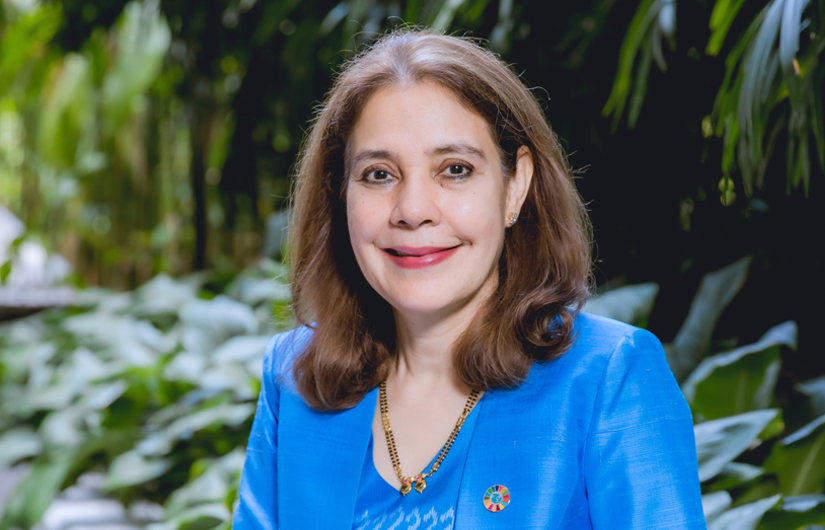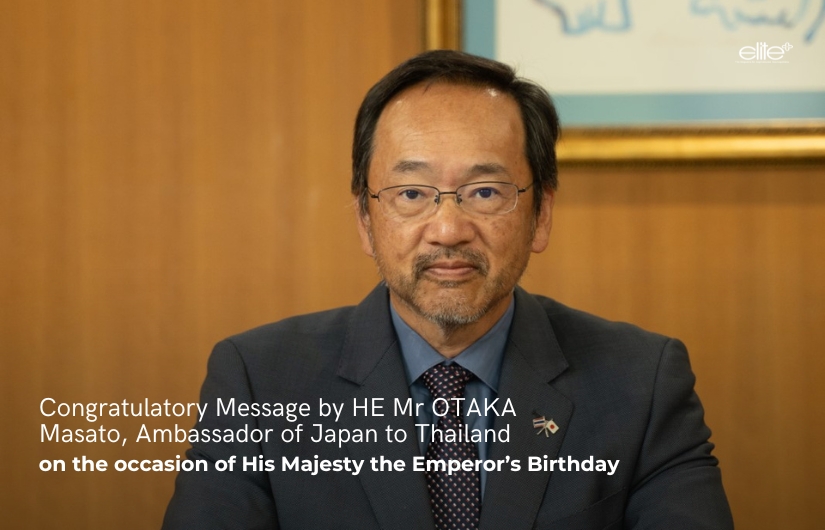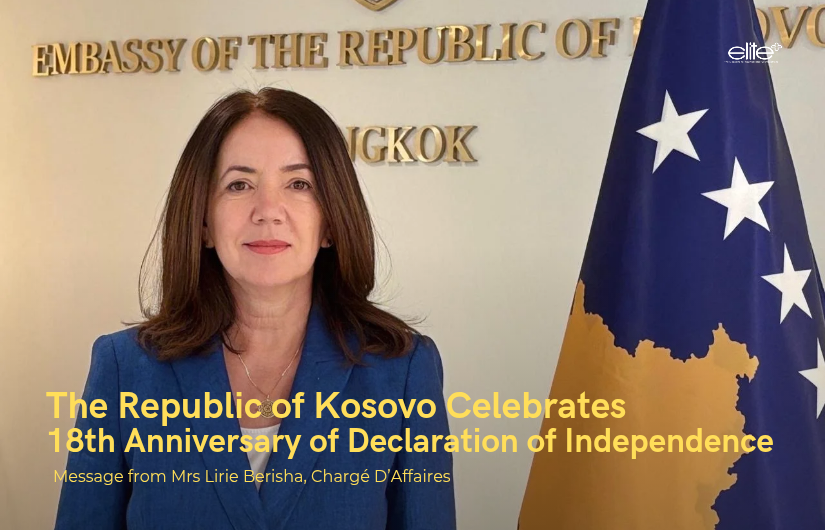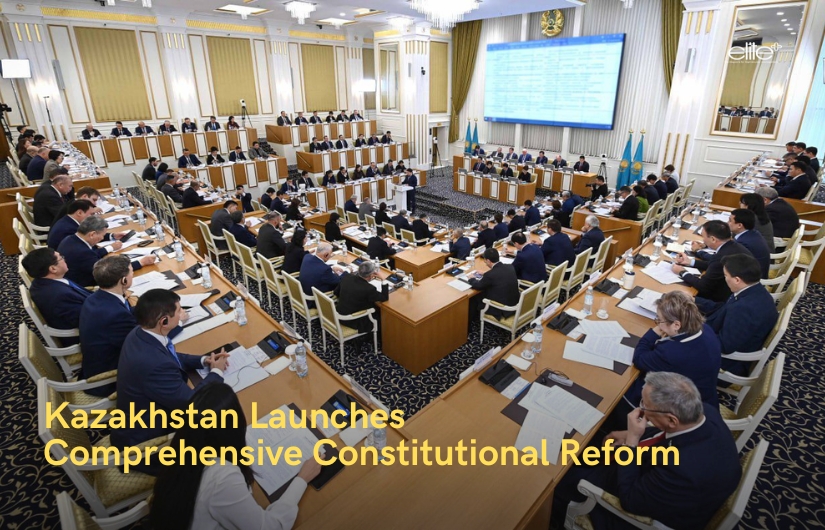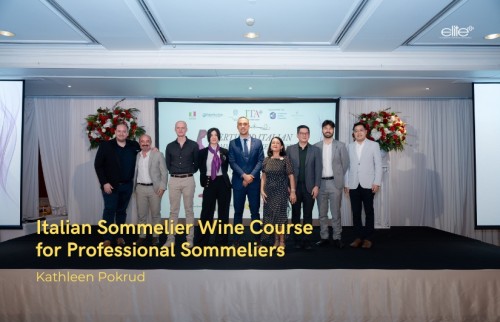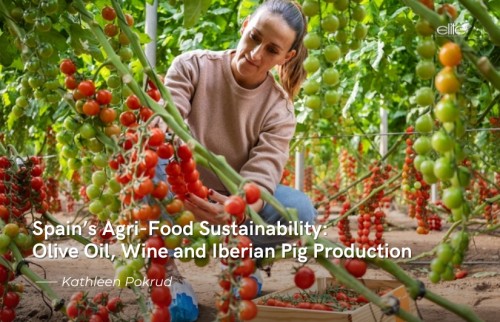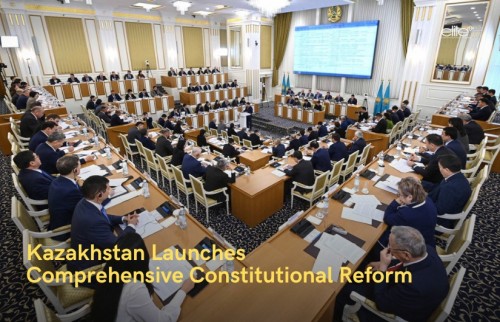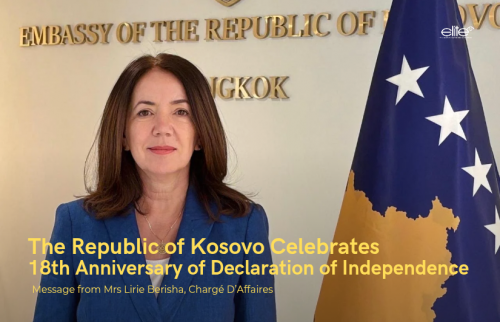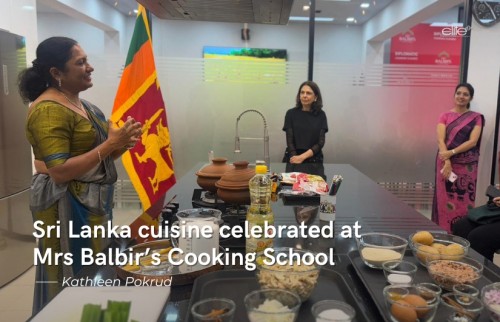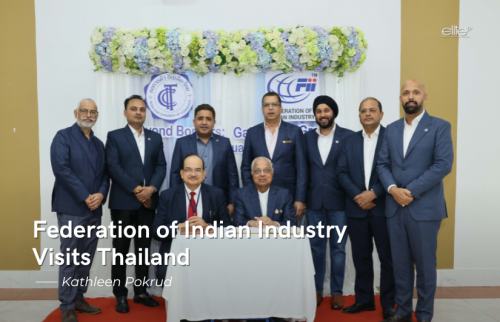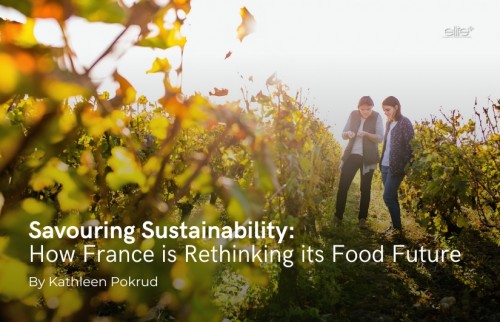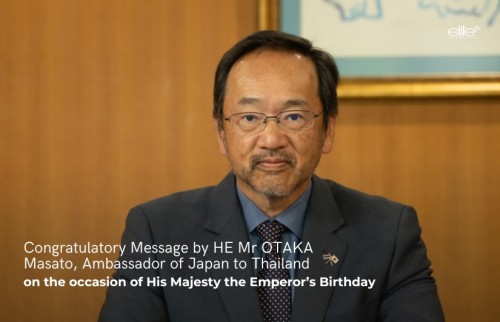Recently, Gita Sabharwal was kind enough to take time from her busy schedule to sit down with Elite+ to briefly discuss her life before assuming her post three years ago as well as what she has been doing in her role as United Nations Resident Coordinator for Thailand and her goals in the time ahead.
To begin, can you tell us about yourself and your background?
Let me start by saying that I am proud to be a woman. I am also very proud to be working as a development professional, leveraging my expertise to addressing development challenges in different country contexts across Asia. Coming from a regular middle-class background, where parents had drilled in the imperative of investing in a good education, I have used that to my advantage. I had the opportunity to do my higher studies in the UK, which served to hone my analytical skills, and probably, I was at the right place at the right time! It also broadened my perspective on how development policies and targeted interventions can fast track the process of people working themselves out of poverty and empowering women and girls.
Today’s challenges, that the world is facing are far more complex than what I saw growing up, requiring much more agility and flexibility from us. Climate change alongside the financial, food and fuel crises are occupying our mind space these days and there are no easy answers to these unfolding challenges. In the UN, these are the priorities that we are tackling by bringing to bear science-based solutions.
What inspires you and why is it important?
I am inspired by ideas! I am a big picture person, a strategist, driven by data and love to connect the dots in a way that allows the UN system to deliver at its best The UN is a great place for me. In my capacity as UN Resident Coordinator, it allows me to harvest the best of ideas from across the UN agencies for accelerating Sustainable Development Goals (SDGs). This process can be very inspiring as it helps me leverage the hard science and practice that the UN brings to bear and position it in a way that is understandable to everyone.
Last week, I was in dialogue with the UN Food and Agricultural Organization (FAO) on sustainable forest protection and management, which are key carbon sinks and help abate carbon emissions. FAO together with government and private sector are deploying cutting edge technology to promote community forests, sustainable harvesting of trees while protecting species that are on the red list.
Reaching 11% of the forest land in the country with this kind of technical expertise and contributing to reducing over 4% of greenhouse gases (GHGs) is what inspires me! This is exactly the scale and transformation that we at the UN will be doing more of in the coming years in Thailand together with the Government and the private sector.
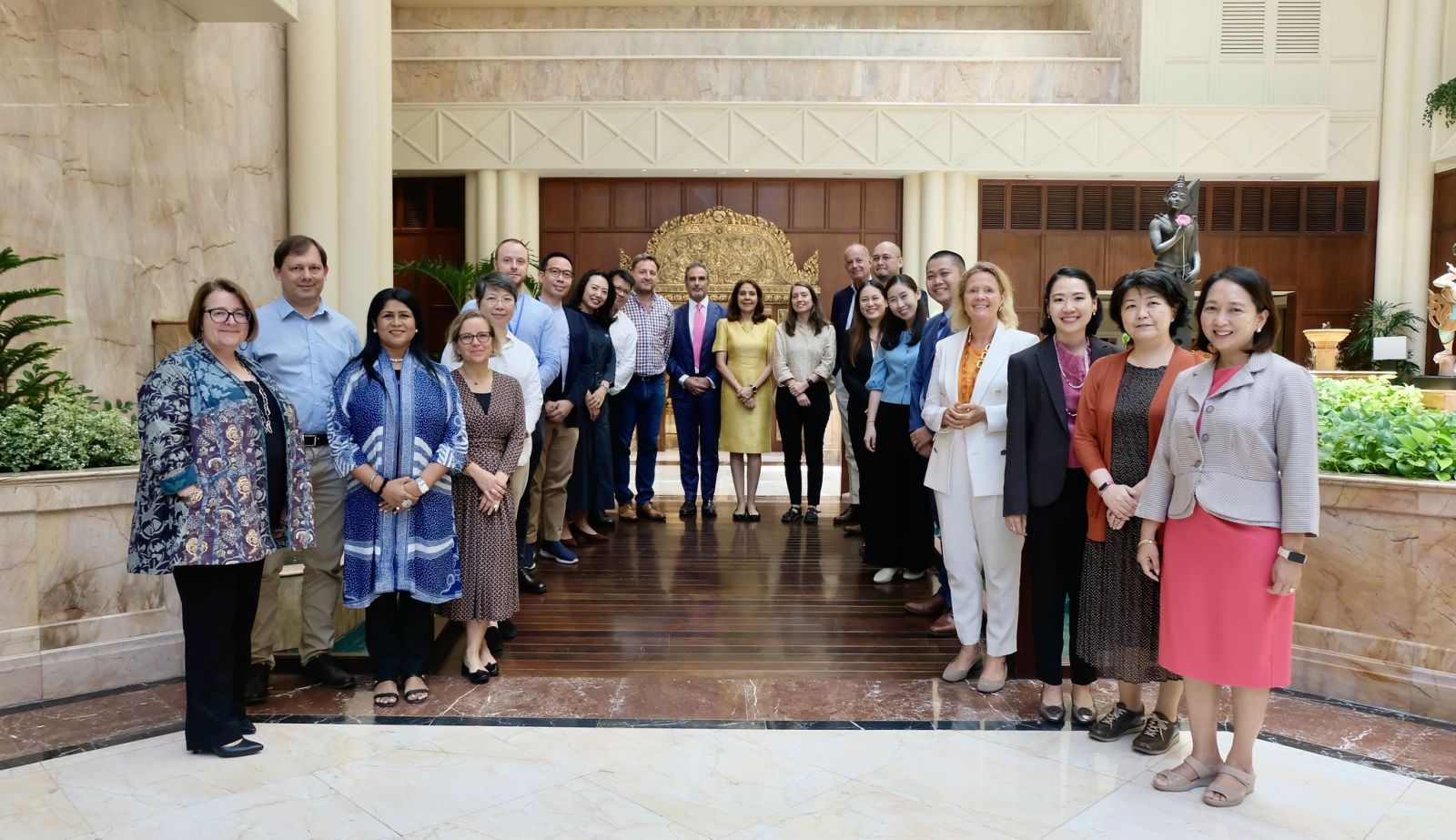
How long have you been Resident Coordinator and what are you and your team’s main priorities?
I was appointed to Thailand in 2020, just five days before the country went into a nationwide lockdown. My job involves coordinating the work of 21 UN agencies based in Thailand and ensuring UN provides high-quality technical expertise to accelerate progress on the SDGs with a specific focus on a low-carbon and bio-circular economy, human capital development with broad-scale digitization and reductions in inequalities. As the UN we are committed to delivering high-impact results in partnership with the government, private sector and civic actors, while ensuring no one is left behind.
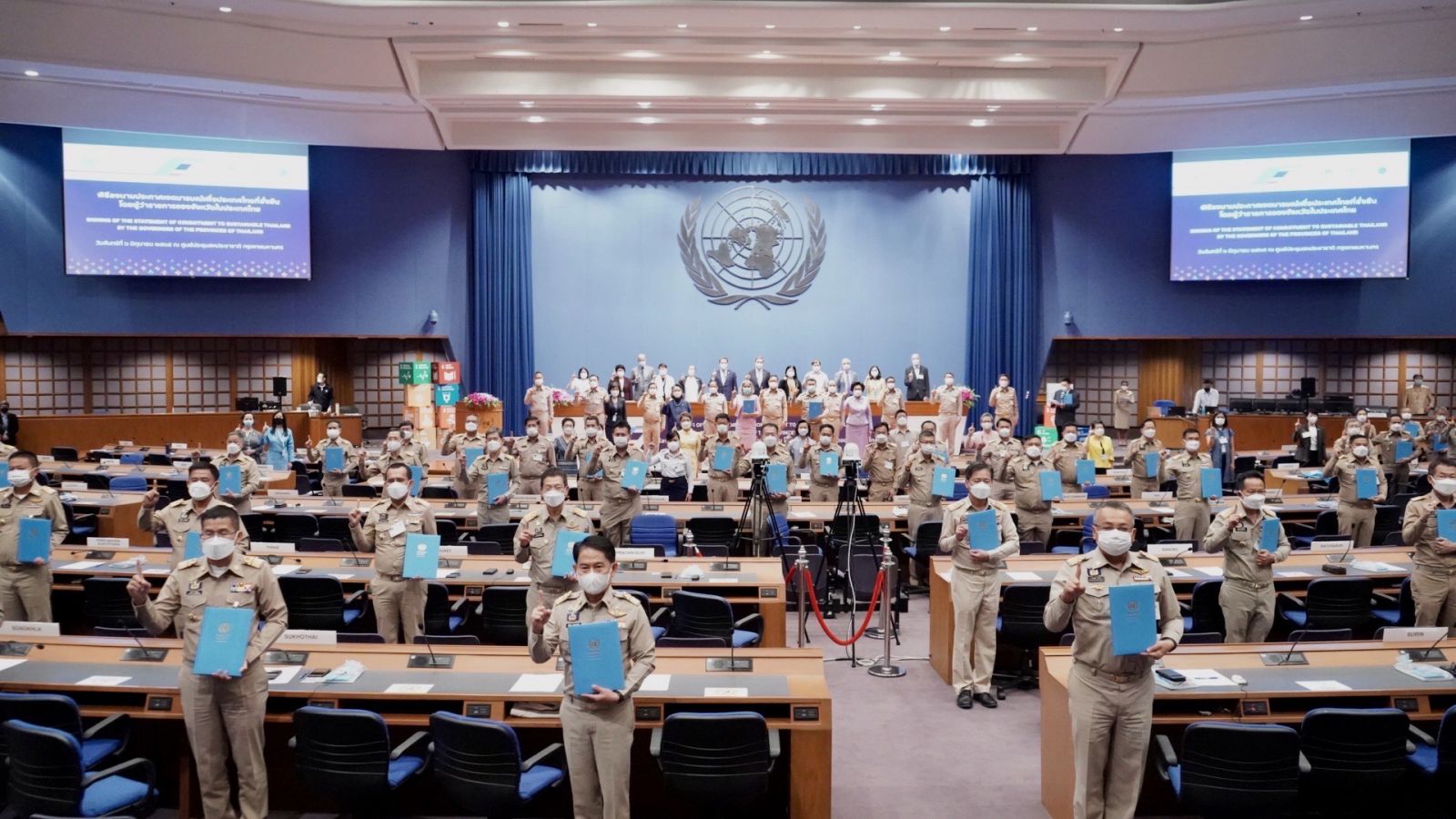
Looking across Thailand, what have the UN Country Team’s notable achievements been recently?
We have had several key successes! The most notable for last year was the UN’s partnership with the Ministry of Interior and all the 76 governors of Thailand who committed to sustained actions on the SDGs and climate nationwide. Our partnership with the governors is translating into scaling up waste segregation for 14 million rural households across all provinces. This is yielding more than 550,000 tonnes of carbon reductions annually and its equivalent in carbon credits. The carbon credits serve as an economic incentive for local authorities to ensure that every rural household will sustain waste segregation in the coming years.
How has Thailand been doing on the SDGs so far?
We are midway to the UN’s 2030 Agenda. This year, the UN Secretary-General will be convening the SDG Summit in New York with the participation of heads of state to discuss how best to speed up progress globally on sustainable development, inclusion and poverty eradication.
In a newly released report on the state of the SDGs, the Secretary-General warns us that the global promise of the 2030 Agenda is in grave peril because of insufficient progress in delivering on commitments, and he is calling for “a rescue plan for people and planet”. He is specifically calling for new sources for green financing, reducing inequalities, advancing the rights of women and empowering the most vulnerable.
In Thailand progress on the SDGs has been more robust compared to many other nations in Southeast Asia and globally. At the UN in Thailand, we are doing our part as conveners, technical experts and guardian of universal principles to focus on accelerating those SDGs requiring attention.
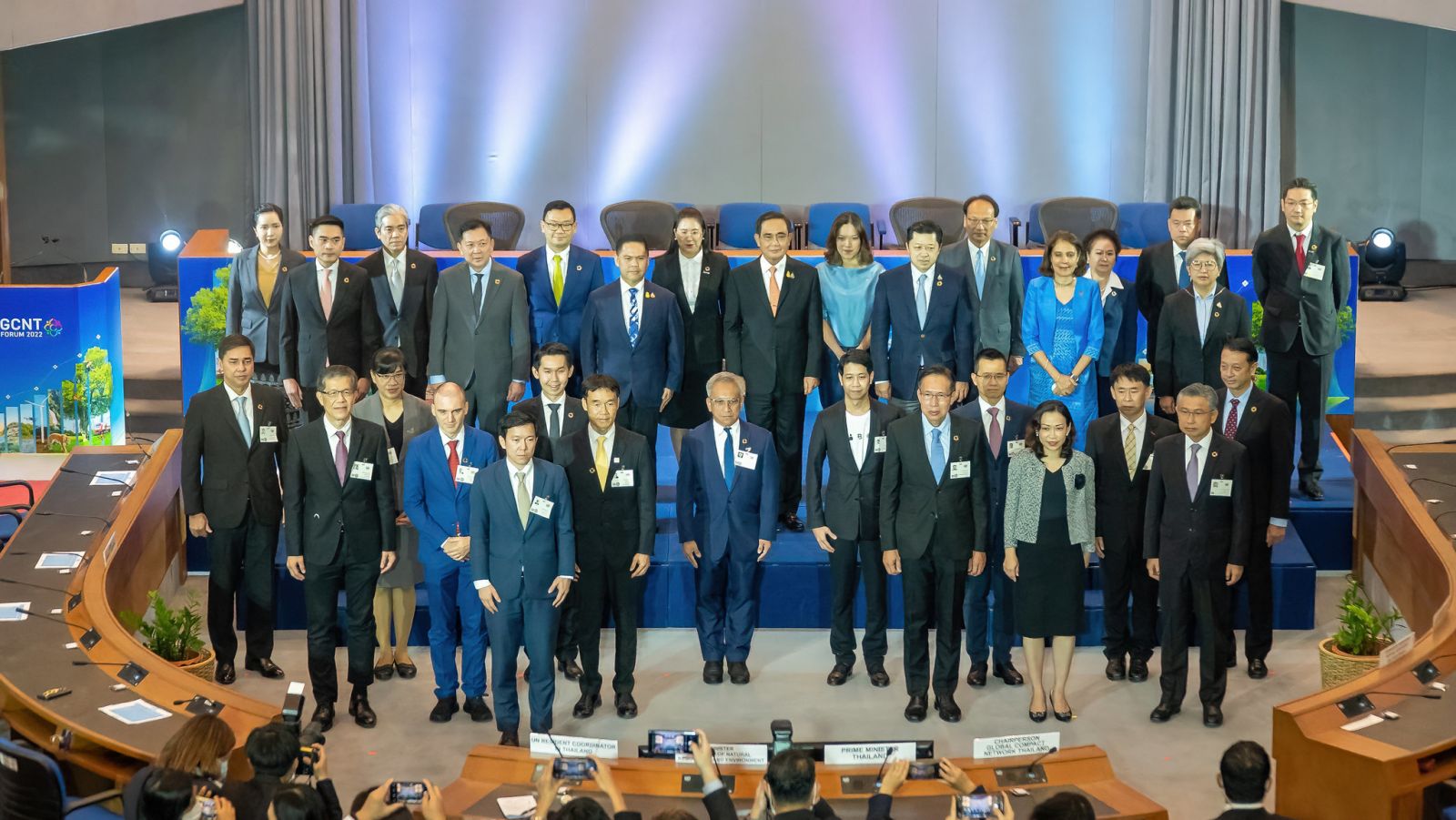
What can the private sector do to accelerate progress on the SDGs?
The private sector is very forward-leaning in its commitments to lowering emissions and scaling up circularity. The Global Compact Network in Thailand (GCNT), with whom the UN partners, includes many prominent businesses and SMEs. Last year they reduced eight million tonnes of carbon, which is equivalent to 1.6 million cars being taken off the roads. In a global first, the GCNT has also committed to helping protect 30% of land and marine areas nationwide, including reforestation efforts to boost wildlife habitats and create new carbon sinks. However, we will need firm commitments from the private sector to ensure that business operations are nature positive Equally important for sustainable development is the role of bankers, investors, and asset managers. They need to take centre stage in unlocking domestic financing for the country’s bio-circular green (BCG) transition.
How do you see Thailand’s role in the region?
Thailand is a leader in ASEAN on sustainable development cooperation and the BCG model provides a perfect template for low-carbon inclusive growth. These goals are in alignment not only with the SDGs but also with Thailand’s own Sufficiency Economy Philosophy.
The UN is partnering with the Government and private sector to leverage South-South Cooperation to take some of the country’s successes on the SDGs as guiding examples in other nations.
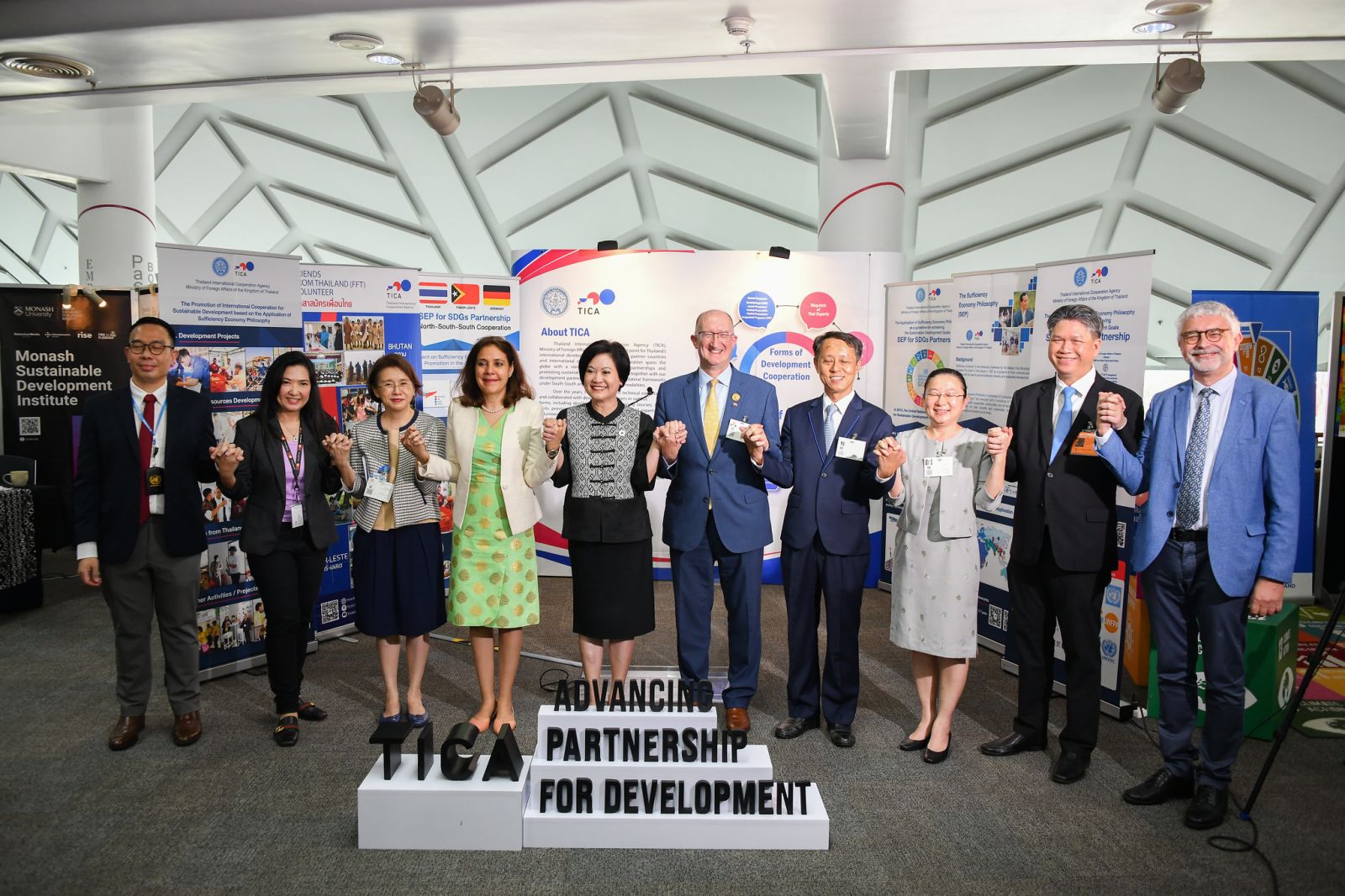
Just recently, together with the director-general of Thailand International Cooperation Agency and the EU Ambassador, we launched three high-impact initiatives that will be scaled up across the region. These focus on farmer-to-farmer training on organic agriculture based on EU norms, strengthening capacities for strategic health diplomacy at the world health assembly and ensuring access to quality reproductive health services through health volunteers for vulnerable populations. To take such high-impact initiatives forward in other countries, the UN seeks more partnerships with the private sector that can bring to bear scale and transformation in support of SDGs.
.jpg)
Are you optimistic Thailand will make progress on SDGs?
Yes, I am optimistic because the SDGs have been integrated into the Government’s national plans and long-term strategy. A whole-of-government and whole-of-society approach has been adopted to accelerate progress on them. For instance, the Government has set an ambitious target on climate by targeting carbon neutrality by mid-century. It has recently revised its greenhouse reduction target from 20% to 30% below a business-as-usual scenario in line with its net zero emission goal by 2065. This means Thailand’s emissions in 2030 will be lower than in 2020. Just as importantly, I am very heartened by the fact that sustainability is in the DNA of people from all walks of life, whom I have had the privilege of meeting during my travels around the country over the past three years. This gives me great hope.
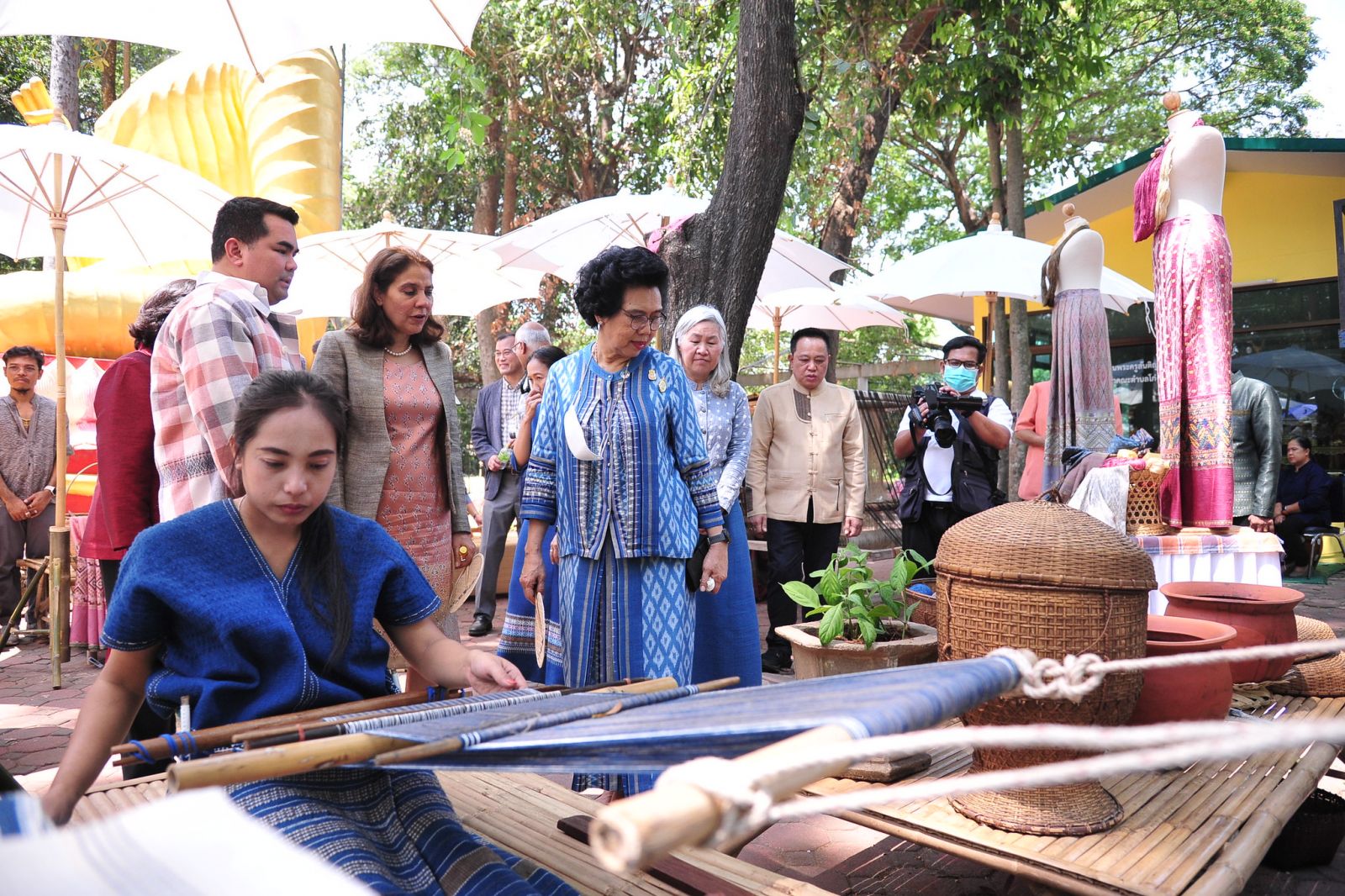
Currently, UNESCO in Bangkok is promoting ‘Greening Education’. Why is it so important to champion this?
I am a big fan of greening education as it sets the groundwork with young boys and girls to engage on sustainability. Last month, in my dialogue with one of the leaders of the financial markets we discussed how best to invest in raising awareness across age groups to promote sustainable and greener options for consumption and production. I believe, the greening education being championed by UNESCO will help deliver on this goal. It will also allow the education system, including the teachers, to think more about these issues as they reimagine education to be more fit and green.
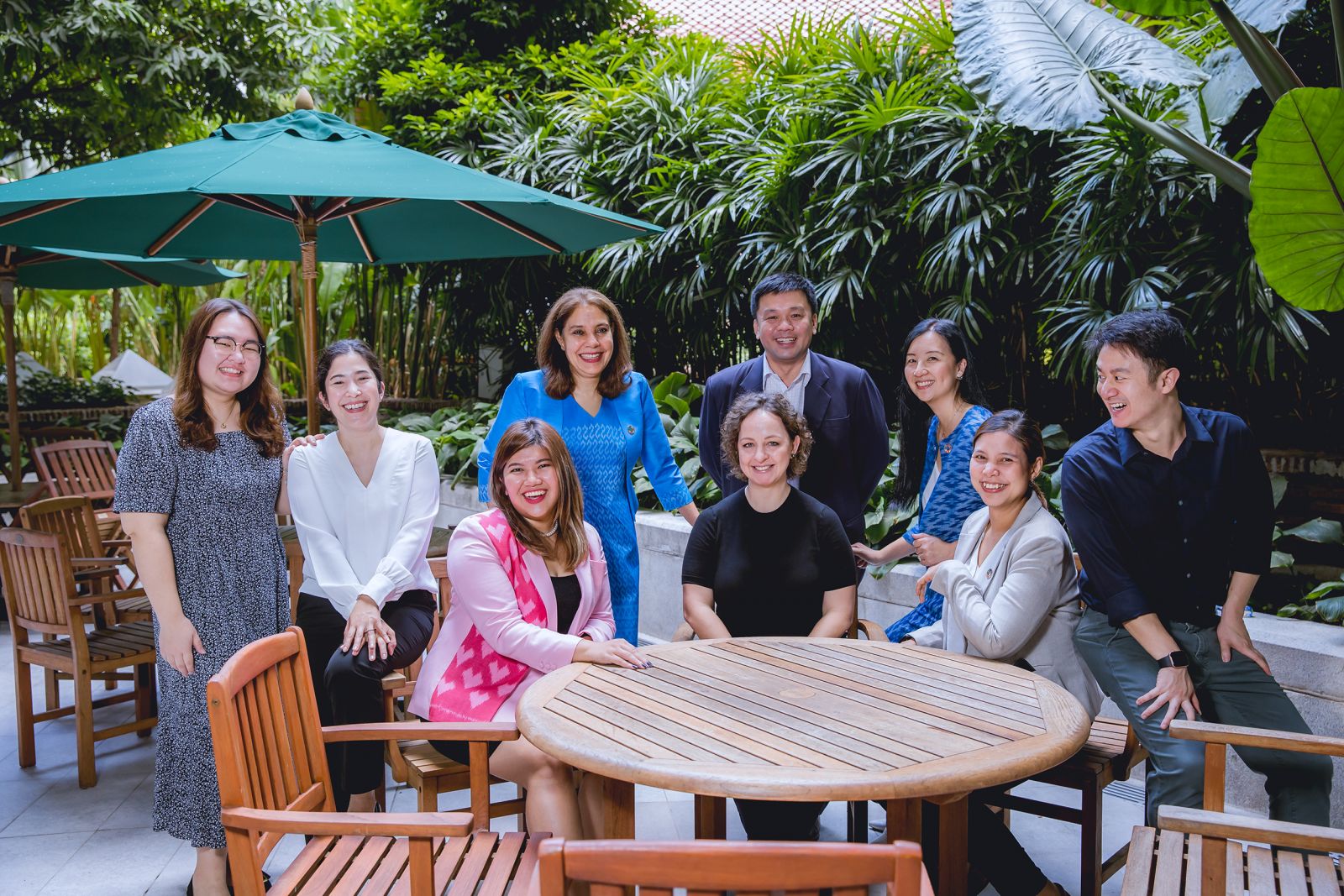
What do you want to do more of as you offer your leadership to the UN in Thailand?
I want to invest in partnerships to see how we can collectively accelerate progress on SDGs in country and across the region. I also want to make the UN more accessible and see how we can deepen our engagement with young people to bring them into the fold and leverage their energy and ideas for setting out pathways for sustainability as well as continue to shine the light on human rights while leaving no one behind. Together with all our partners across the country we can make a real difference!


